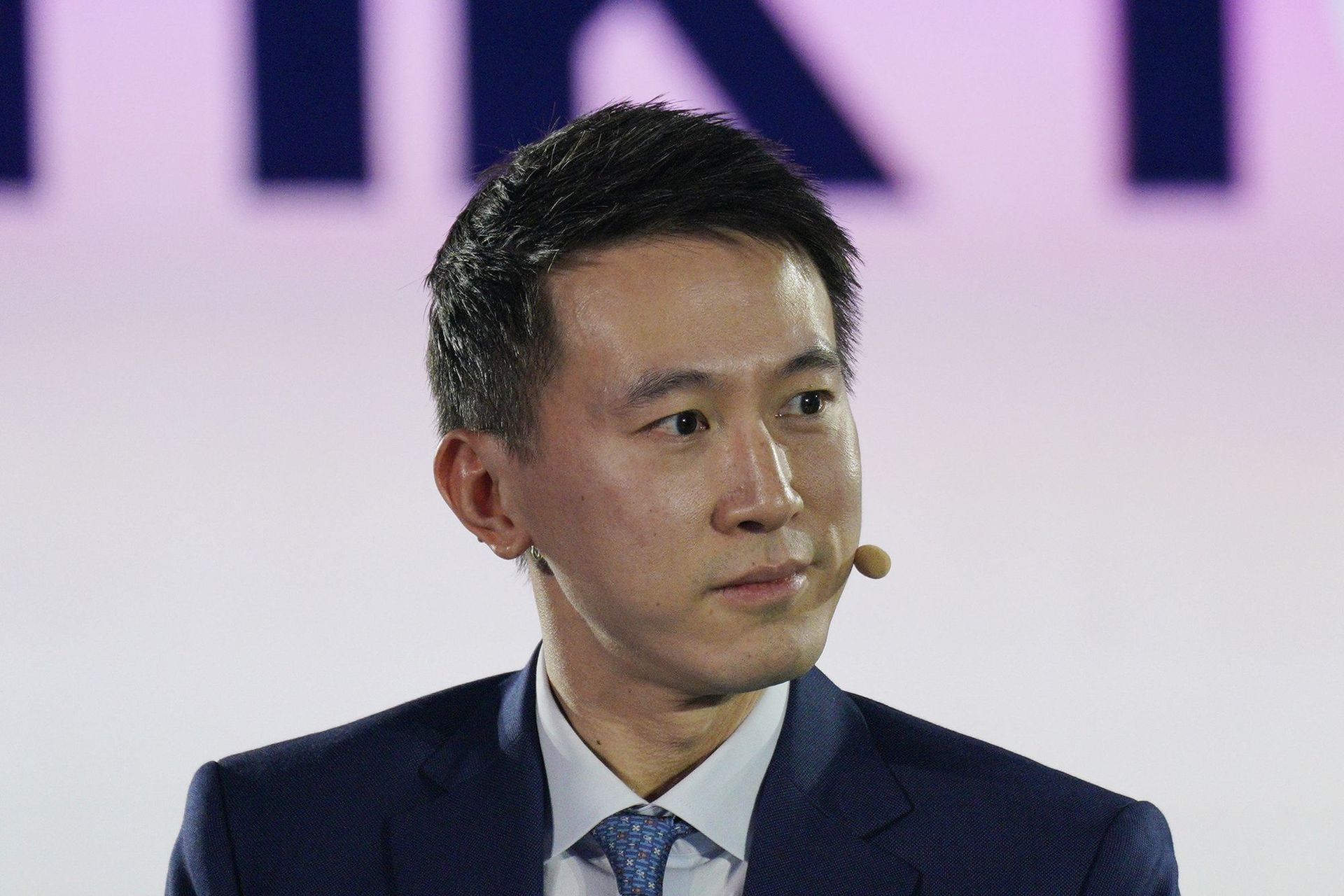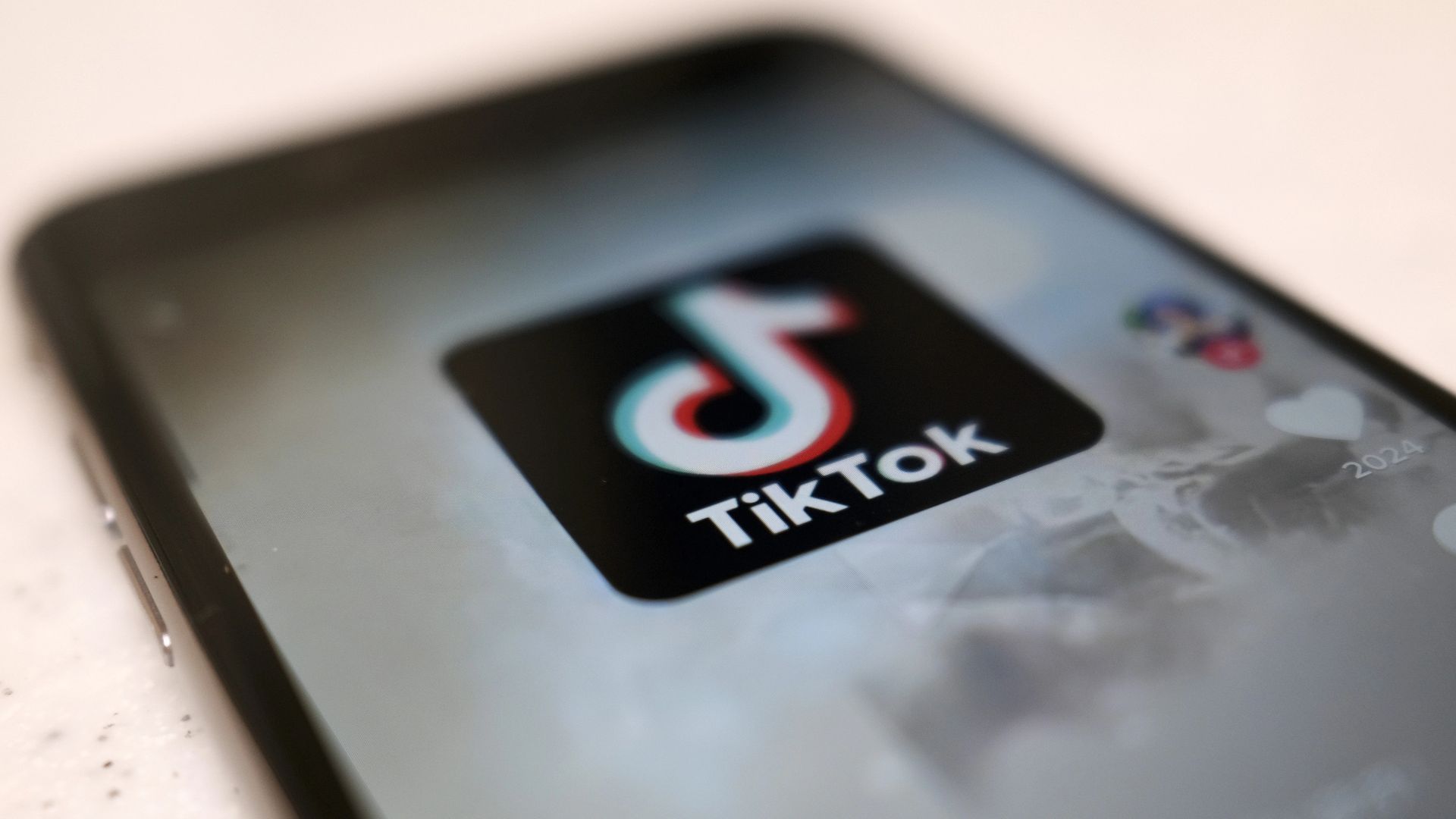TikTok CEO Shou Zi Chew is set to appear before a House panel on March 23 to discuss the app’s security, privacy practices, and ties to China through its parent company, ByteDance. The House Energy and Commerce Committee is hosting the hearing, which will be TikTok CEO Chew’s first appearance before a Congressional panel.
Chair of the committee, Cathy McMorris Rodgers, claims that TikTok has allowed the Chinese Communist Party access to American user data, but a TikTok spokesperson denies this and welcomes the opportunity to address concerns about US national security before the committee. The spokesperson also says that data sharing with the Chinese Communist Party would not be possible under the proposed plan with US national security agencies through CFIUS.
TikTok CEO Shou Zi Chew has spoken about US user data before
The company spokesperson said they aim to share their plans with the committee so that Congress can make a more informed decision on the issues at hand. Negotiations between TikTok and the U.S. government on the app’s security are ongoing but have faced delays due to concerns over its Chinese ownership.

TikTok CEO Shou Zi Chew has previously stated that it does not store US user data in China to address security concerns, but these reassurances have not fully alleviated fears. Both political parties and governments have raised concerns over the app’s impact on national security and privacy. A ban on TikTok on government devices was recently passed due to security fears, but a TikTok spokesperson called it a political move that won’t benefit national security and claimed the agreement with the Committee on Foreign Investment in the U.S. will address security concerns.
Previously TikTok was banned on House-issued phones
The ban of TikTok by Congress was prompted by FBI warnings that the Chinese government could use the app for political purposes or espionage. A memo from the House’s top administrator stated that TikTok posed a high risk to users and that all lawmakers and staff members must delete the app from their phones. TikTok has faced criticism in the US over privacy and national security issues, with calls for a ban.
The company has taken steps to address these concerns, such as opening a transparency center and hiring a chief transparency officer and is considering selling its US operations to an American company. Despite these efforts, TikTok remains a controversial app with some lawmakers pushing for a full ban in the US.

Why?
TikTok’s security measures for US user data have been a subject of concern and scrutiny, especially regarding the app’s Chinese ownership. TikTok has stated that it stores US user data outside of China to address security concerns, but this has not fully alleviated fears. The US government and lawmakers have raised concerns over the potential for Chinese government access to US user data.
There have also been calls for TikTok to implement additional measures to ensure the security and privacy of US user data. Ultimately, the security of TikTok US data depends on the measures and policies put in place by the company and the oversight and regulation by the US government. TikTok CEO Shou Zi Chew previously had some statements regarding the subject.

How will TikTok protect US data?
TikTok CEO Shou Zi Chew said the company has taken steps to address concerns over the security and privacy of US user data, including:
- Storing US user data outside of China: TikTok has stated that it does not store US user data in China to mitigate the risk of Chinese government access.
- Transparency center and Chief Transparency Officer: TikTok has opened a transparency center in the US and hired a chief transparency officer to increase transparency and accountability regarding its data practices.
- Considering sale of US operations: TikTok has announced that it is considering selling its US operations to an American company in order to address national security concerns.
- Briefing lawmakers: TikTok has said it is “well underway” in implementing plans to secure its platform in the US and will continue to brief lawmakers on them.
These efforts are aimed at addressing concerns over the security and privacy of US user data and increasing trust in the app. However, the ultimate effectiveness of these measures will depend on their implementation and ongoing oversight and regulation by the US government.





